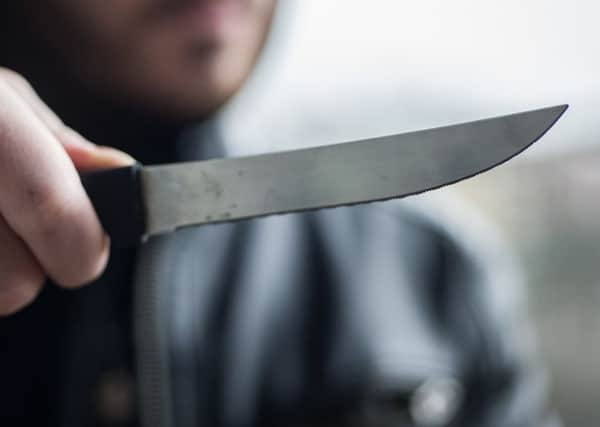Violent crime increases despite fall in murders and serious assaults


Figures released by Police Scotland show there were 5,527 non-sexual violent crimes in the period between 1 April and 31 December, up around 1.8 per cent on the same period the previous year.
Despite the overall increase, there has been a fall in the number of the most serious crimes.
Advertisement
Hide AdAdvertisement
Hide AdThere were 40 murders, compared to 47 in the same period the previous year.
Serious assaults fell from 3,069 to 2,992 with the detection rate also rising.
However, the number of robberies and assaults with intent to rob increased.
The overall number of sexual crimes also rose, up from 8,245 in 2016/17 to 9,232 to 2017/18, an increase of 12 per cent.
However, Police Scotland said the rise was evidence of increasing confidence among victims to report incidents.
Last year Police Scotland made changes to the way the handling of offensive weapons are recorded to improve its understanding of knife crime.
The changes were reflected in the statistics, with the number of recorded incidents involving offensive or bladed weapons increasing 136 per cent from 2,452 to 5,794.
Deputy Chief Constable Rose Fitzpatrick said: “Through the dedication and professionalism of our officers and staff, working together with local communities and partners, we can see significant results in tackling crime across Scotland.
Advertisement
Hide AdAdvertisement
Hide Ad“Violent crime is a priority for Police Scotland and it is encouraging to see a continuing reduction in the most serious violent crimes, including murder and serious assaults. This has been achieved by a combination of strong enforcement action and extensive prevention work.”
She added: “The rise in reporting of sexual crimes reflects increased victim confidence. Police Scotland remains absolutely committed to working closely with partners, especially third sector support and advocacy services, to encourage survivors of rape and sexual crime to come forward.”
The figures were published as London’s most senior police officer, Cressida Dick, visited Glasgow to learn about the work of Police Scotland’s Violence Reduction Unit ,which has been credited with helping to reduce knife crime-.
The English capital is in the grip of a knife crime epidemic, with the number of teenagers being killed at its highest level in a decade.
Speaking after the visit, Assistant Chief Constable Mark Williams said: “Violence and its root causes are very complex issues, and at its heart is a whole host of different social and economic drivers.
“In Scotland a public health approach has been adopted and while the police have a very important role to play, especially in enforcement, prevention is a collaborative effort that involves a whole host of other agencies including local and national government, the Violence Reduction Unit, education, health services and housing services.”